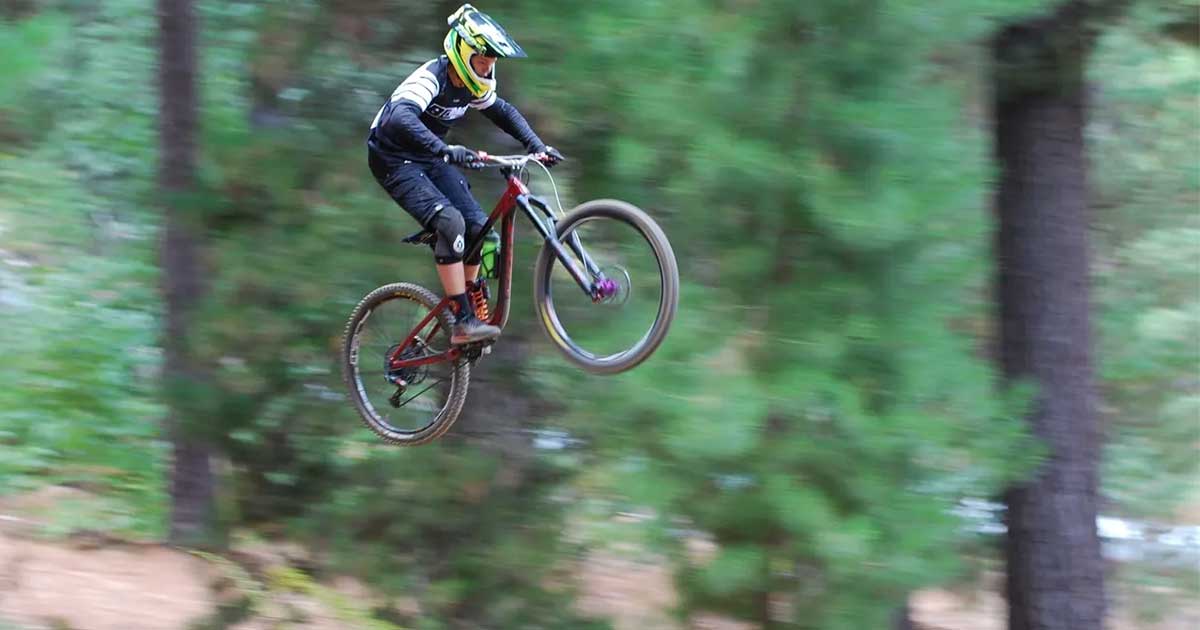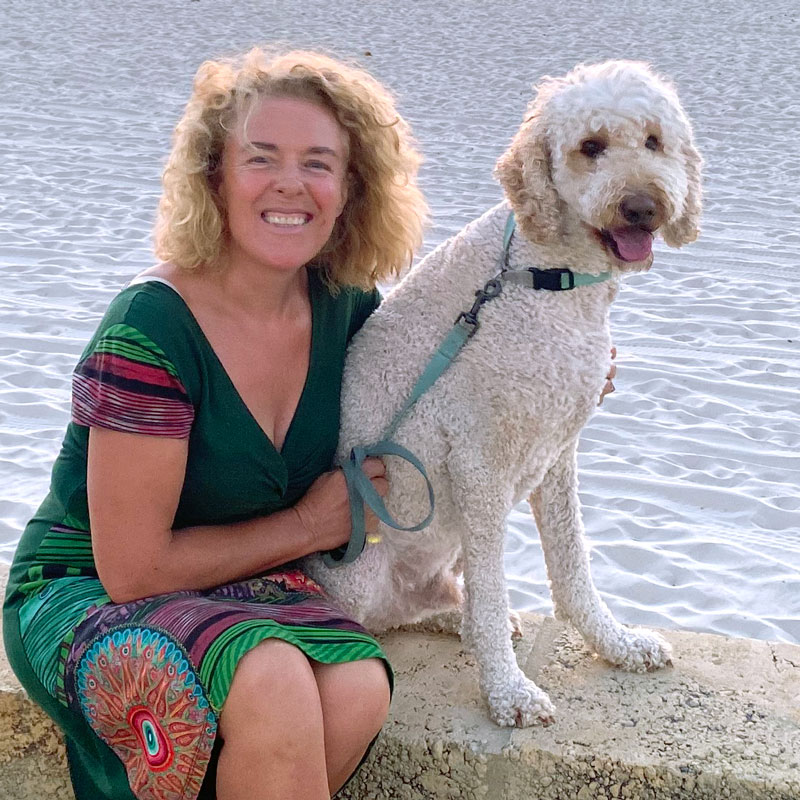Is there no end to the challenges of parenthood?
All I can say is that I’m glad that I stopped drinking when I did, because now I am able to separate my own stuff from everyone else’s. So, last week my 15 year old son got caught smoking marijuana. To say my husband and I were disappointed is an understatement. We both felt as though we had been hit in the chest with a sledgehammer, especially as our son was at a friend’s house when he got caught out. It was Saturday night and we were about to go bed. Our son had gone for a sleepover to his friend’s so when I saw he was calling me at 10pm I knew something was amiss. We drove over to the house and were greeted by the parents who sat down to talk with us and the boys. You know that feeling where you want the ground to swallow you up but instead you have to put on your bravest and most grown-up face. The lengthy and in-depth conversation that ensued led to a positive outcome in that the boys learnt a valuable lesson in how not to behave, and how, despite their poor choices, they were treated with kindness and respect.I was very grateful to the other parents for how they dealt with the situation. If I hadn’t been sober, the scenario would have taken on a very different vibe. In the first instance, I wouldn’t have been able to drive there. Then my emotions would have been all over the place and I would probably have taken my son’s behaviour as a poor reflection of me as a person and as a parent. The experience made me value my ability to be a good role model for my kids now, especially as they enter these tricky teenage years. At 14 and 15 years of age, they are coming into contact with peers who are experimenting with drugs and alcohol and are having to make some serious decisions about whether they join the party or not. It is a fact that the younger a person starts using alcohol or drugs, the greater the chances they will develop a habit and be damaged by it. It’s also a fact that alcohol and drugs are easy to acquire, and their consumption is normalised by many parts of society, making it more of a challenge for us as parents.
The power of influence
There is no doubt about it that having positive adult role models builds resilience in our kids. We shouldn’t fool ourselves into believing that our kids are going to do what we tell them if they see us do the opposite. I acknowledge that adults are better equipped to take more calculated risks than most teenagers simply because of experience and knowledge, however we cannot get away from the fact that our kids learn from us and the risks we take with our health. If they see us making unhealthy choices, then it goes without saying that at a subconscious level they are going to be influenced by what they see. For this reason, good parenting is the hardest job of all because it forces us to address our own failings and to put our kids’ well-being over our own pleasure-seeking.
The pressure of peers
There have been many studies done over the years that reveal the importance of peer acceptance in adolescents. They value more what their friends think of them than what adults think and actively seek rewards and approval from their peer relationships. If their friends get involved in risky behaviour such as drug-taking or drinking, then it’s almost inevitable that they will too. Rejection by peers ranks amongst the greatest fears of the adolescent brain. Although we must all learn to deal with rejection in life, the prefrontal cortex of the teenage brain isn’t yet developed enough to enable them to deal with being socially excluded.
Getting high on life
In the earlier years, kids naturally get a buzz from life. You only have to watch how excited they get on play-dates whether they’re climbing trees, racing their scooters around, learning new skateboard moves, or playing team sports. They fully engage in the moment and milk it for all its worth. Over the years, I’ve watched my son thrive emotionally, physically and spiritually when he is on his bike, connecting with his friends and riding together through places of natural beauty. I’ve witnessed their collective high as they conquer their fears over challenging mountain biking trails and congratulate one another for reaching their goals. I also love to witness the high our kids extract from playing music together and with their friends. It is a brilliant way to escape from the mundane, from the pressures of school and from the uncertainty of the future while at the same time connecting with others. Although many of the activities they enjoyed in their younger years might lose their appeal for a while once they reach adolescence, neural pathways will have been laid down that will allow them to call on these activities again. You only have to look at the number of grown men at the skate park!
Thriving within boundaries
Someone said to me the other day that kids feel insecure without boundaries. I’d never really thought about boundaries in this way before. For me, it was always about rules and consequences and losing my temper. But now I have a completely new perspective in that I understand that kids, teenagers especially, feel somewhat daunted at the prospect of taking full control of their own lives despite badgering us to allow them to! They need to be supported in a tailored way in order to build up their confidence in what they are capable of achieving by themselves. If parents don’t monitor their activities, then teenagers may feel that we don’t care about them anymore. This might drive them to engage more in risky behaviour, and before you know it, they could find themselves in trouble. I definitely noticed a change in my son’s attitude once we got home that night. It was a though a burden had been lifted from his young shoulders. He admitted to me that he’s been feeling pressure to do what his peers are doing and is being influenced by their mindset about drugs being the answer to life’s challenges. We stayed up ‘til the early hours exploring the subject of alcohol and/or drug addiction and I was able to be open with him about my own experience and how this misguided thinking will only end in misery.
Communication that’s founded on a good relationship with our kids will allow us to hear what’s really going on for them. We all know the benefits of talking about our issues, how anxiety, depression and stress can be tackled better when they’re brought out in the open. If I’m regularly checking in with my teenagers, I am more likely to pick up on any changes that may be taking place due to alcohol or drug use. It’s important to get on top of these issues in the very early stages and to support our kids in a way that allows them to learn from their experiences.
Dealing with kids’ curiosity
I’m bracing myself for more hairy moments in the future and can only hope for a calm head and to be a wiser grown-up for my kids. When I was their age my parents were working long hours to feed eight mouths every day. I managed to keep my risky behaviour hidden from them which proved to be to my detriment as you will have read in my previous blogs about my drinking. What I haven’t shared previously is that my experimenting extended to marijuana use too and I ended up smoking it on a regular basis once I left home. I wish now that I had been caught out as a 16 year old because I have no doubt my parents could have taken steps to help me. They weren’t looking for signs because they didn’t expect their kids to be so bold. I don’t think my mother or father ever smoked a joint in their lives. Experience has taught me that cannabis is more widespread than people think, and we need to be aware of the signs that a person is using it. Truthfully, marijuana is not as dangerous as alcohol in my opinion. It will probably be legalised everywhere eventually.
But that doesn’t make its use right either. Just like alcohol, the danger of it to young minds has been well documented. Habits form easily when the user is naïve and thinks addiction won’t happen to them. Having started using marijuana at the tender age of 16, I continued to use it until I was well into my twenties and only stopped because I was suffering very bad paranoia. And I then replaced it with alcohol. Whether it’s alcohol or other drugs, we need to have the conversation with our kids about the mistake people make in thinking that happiness lies at the bottom of a wine glass, wrapped up in a joint or sprinkled in a powder. True, lasting happiness can only be found when we look inside and focus on nurturing our sense of belonging and self-worth.
We need to place a strong emphasis on the importance of good relationships with those we care about which is why a supportive family unit is the best foundation we can provide for our kids. Yes, there needs to be consequences for crossing the boundaries we set for them, but our kids must know that deep down they are loved, they can trust us to help them, they have a safe home they can return to and we believe in them. Even when castigating our kids for making bad choices, we can still be compassionate and continue to love them no matter what. By encouraging them to have dreams and to strive for success, we show them that they are worthy. I will leave you once again with a couple of lines from one of my favourites, Desiderata (Max Ehrman, 1927);
Enjoy your achievements as well as your plans. Keep interested in your own career, however humble; it is a real possession in the changing fortunes of time.
You’d do well to pass these lines on to your kids. And finally, I just want to say that for anyone who may have had to deal with the impact of alcohol or drug abuse in their own family, please know that this is in no way meant to patronise or judge. Everyone’s journey is unique, and this is mine.

